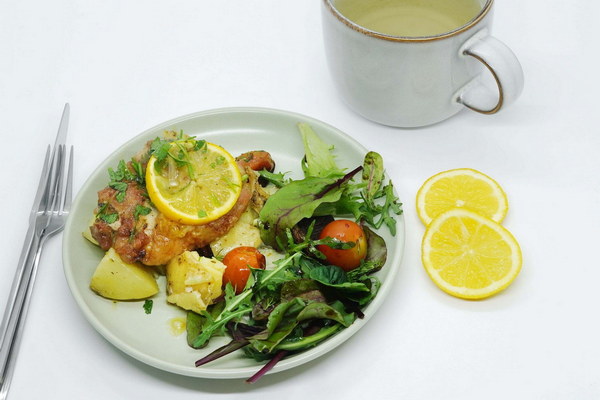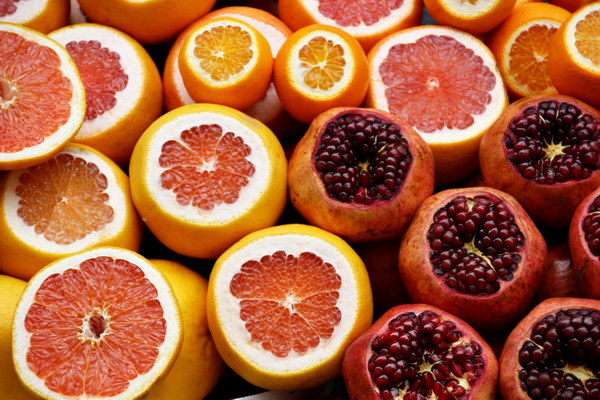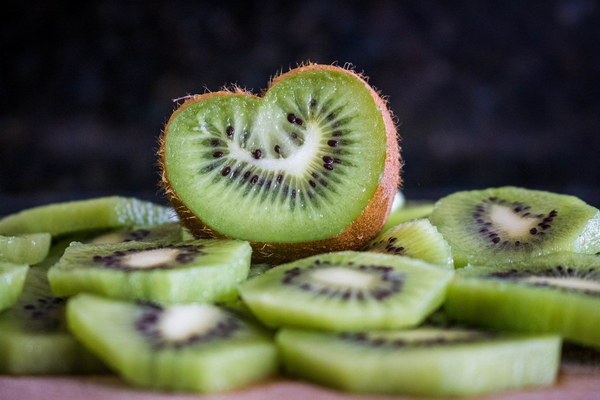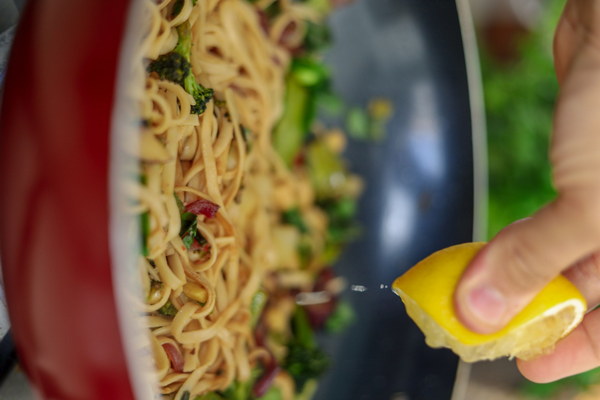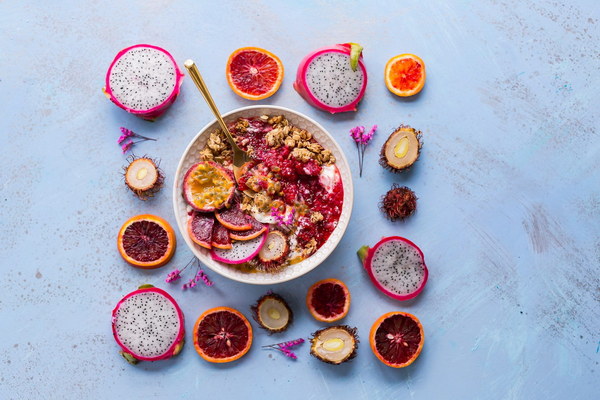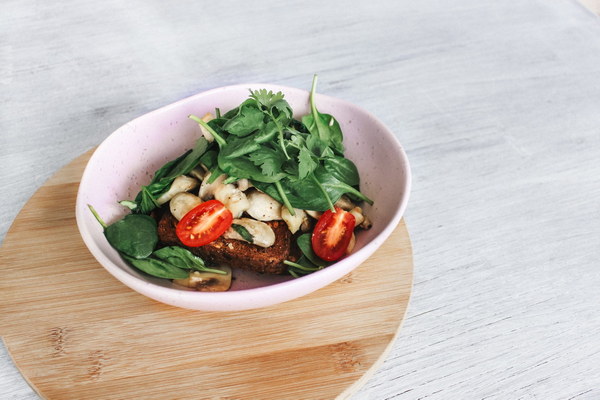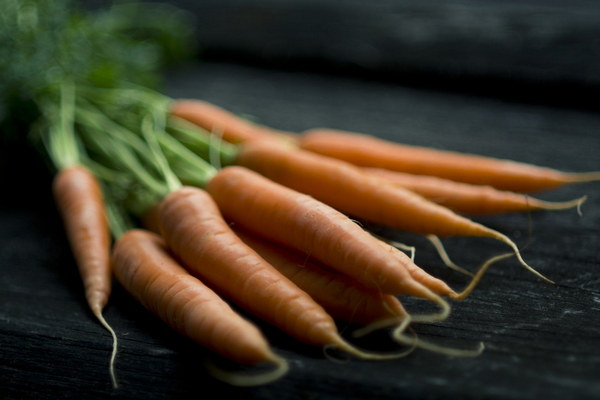Nutritional Support for Babies with Fever A Guide to Healthy Eating
Introduction:
When a baby has a fever, it's crucial to provide them with the right kind of nutrition to aid in their recovery. Fevers can be caused by various factors, including infections, but ensuring your baby receives proper nutrition can help boost their immune system and alleviate discomfort. In this article, we will discuss the best foods to include in your baby's diet when they have a fever, along with some helpful tips on how to prepare them.
1. Hydration:
One of the most important aspects of caring for a baby with a fever is ensuring they stay hydrated. Fever can lead to increased fluid loss through sweating, so it's essential to keep your baby well-hydrated. Offer small, frequent sips of water, breast milk, or formula throughout the day. For babies who are not ready for solid foods, continue to breastfeed or provide formula as usual.
2. Easy-to-Digest Foods:
During a fever, your baby's stomach may become sensitive, so it's best to offer easy-to-digest foods. Opt for soft, pureed, or mashed foods that are gentle on the stomach. Some suitable options include:
- Mashed bananas
- Mashed sweet potatoes
- Cooked carrots
- Mashed avocado
- Applesauce
- Oatmeal
These foods are not only gentle on the stomach but also rich in essential nutrients that support your baby's immune system.
3. Foods Rich in Vitamin C:
Vitamin C is a powerful antioxidant that helps boost the immune system. Including vitamin C-rich foods in your baby's diet can help alleviate symptoms and aid in recovery. Some excellent sources of vitamin C include:
- Oranges
- Kiwi
- Strawberries
- Bell peppers
- Broccoli
- Cantaloupe
You can puree fruits like oranges and kiwi or offer them as part of a smoothie. Ensure the fruits are peeled and seeded to avoid any choking hazards.
4. Foods High in Zinc:
Zinc is another essential mineral that plays a vital role in immune function. Incorporating zinc-rich foods into your baby's diet can help support their immune system. Some good sources of zinc include:
- Beef
- Pork
- Chicken
- Turkey
- Lentils
- Nuts and seeds
Offer these foods in pureed or mashed form to make them suitable for your baby's age.
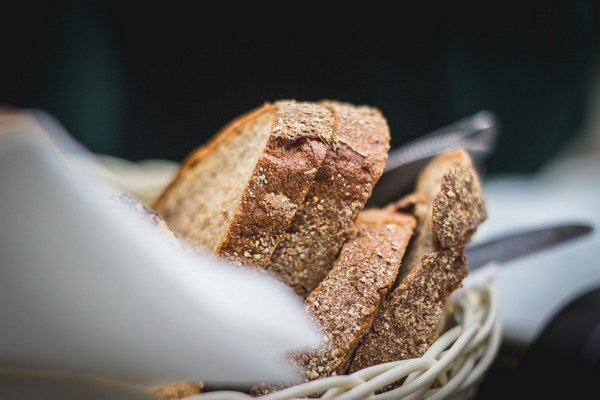
5. Gentle Herbs and Spices:
Certain herbs and spices have anti-inflammatory and immune-boosting properties. Adding these to your baby's food can help alleviate discomfort and support their recovery. Some gentle options include:
- Turmeric
- Ginger
- Garlic
- Cinnamon
You can add a small amount of these spices to your baby's pureed foods or breast milk/formula. However, consult with a healthcare professional before introducing new foods or herbs to your baby's diet.
6. Avoid Certain Foods:
During a fever, it's best to avoid certain foods that can be difficult to digest or may exacerbate symptoms. These include:
- Highly acidic foods, such as tomatoes and citrus fruits
- Spicy foods
- Highly fatty foods
- Foods high in sugar
Conclusion:
Caring for a baby with a fever can be challenging, but proper nutrition plays a vital role in their recovery. By ensuring your baby stays hydrated, offering easy-to-digest foods, incorporating vitamin C and zinc-rich foods, and using gentle herbs and spices, you can help support their immune system and alleviate discomfort. Remember to consult with a healthcare professional for personalized advice and to ensure your baby's dietary needs are met during this challenging time.

